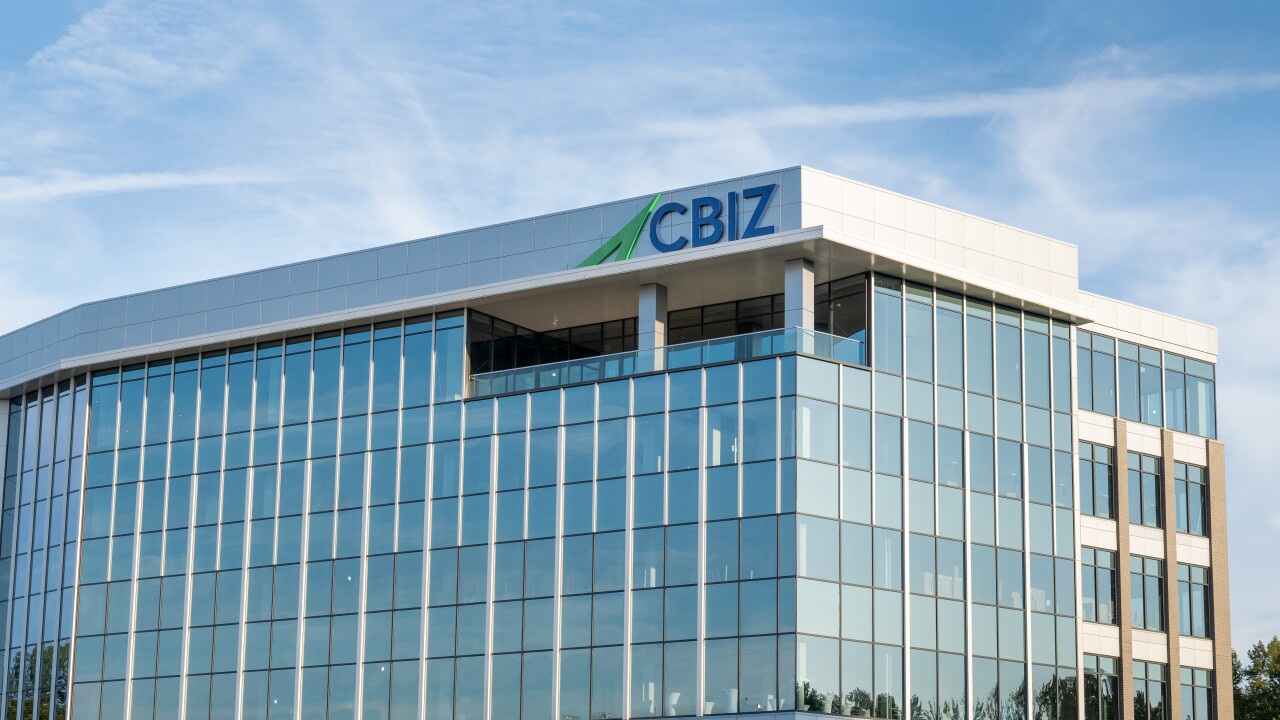The economy is in a relative holding pattern when it comes to both national and state economic indicators, according to a poll of CPAs in New Jersey and Pennsylvania, while a high proportion of CPAs in New Jersey are recommending that their clients relocate to another state to avoid high estate and inheritance taxes.
The third annual survey of CPAs commissioned by the New Jersey Society of CPAs and the Pennsylvania Institute of CPAs finds the economy seems to be in a relative holding pattern according to respondents when it comes to both national and state economic indicators.
Not only do 45 percent of the survey respondents in New Jersey feel the national economy is about the same as it was one year ago, 51 percent of those same respondents expect the U.S. economy to be about the same one year from now.
Closer to home, 51 percent of Garden State respondents believe the New Jersey economy is about the same as one year ago, while 56 percent expect it to be about the same one year from now. This could be due to the finding that New Jersey respondents overwhelmingly (71 percent) feel that the business climate in their state hinders economic growth. Other areas where New Jersey respondents expect to see stalled growth include clients’ revenues (44 percent), clients’ workforce (65 percent) and clients’ salaries (51 percent).
Last year respondents cited rising health care costs (41 percent) and public pension funding (33 percent) as major reasons for inhibiting NJ economic growth. In 2014, those percentages are significantly lower, with only 14 percent citing rising health care costs and 18 percent citing pension funding for public employees as major reasons for inhibiting NJ economic growth.
In terms of taxes, nearly 87 percent of the survey respondents believe that New Jersey’s tax structure is worse than most states. They cited high taxes as the number one reason (35 percent) for hindering future economic growth in New Jersey and the number two reason (33 percent) for the state’s high unemployment rate.
New Jersey respondents’ number one recommendation for expanding the state’s economy and growing jobs is to reduce property taxes (35 percent), reduce the corporate business tax (20 percent), and reform estate and inheritance taxes (16 percent).
A whopping 83 percent of New Jersey respondents feel estate and inheritance taxes have prompted clients to leave the state. Not only that, but 71 percent of CPAs in the Garden State have advised their clients to relocate to another state due to New Jersey’s estate and inheritance taxes. A large majority (84 percent) think these taxes affect the state’s middle class just as much as the affluent.
“While there are some things to like in these numbers, there’s a lot not to like,” said NJSCPA CEO and executive director Ralph Albert Thomas in a statement. “It’s clear that we need to tackle taxation issues—particularly the estate and inheritance taxes—now in order to make New Jersey more attractive for businesses and individuals going forward. Left unchecked, this could further erode the state’s tax base.”
When asked if New Jersey’s gas tax should be raised to benefit the Transportation Trust Fund, the numbers were split: 56 percent were in favor of an increase, while 44 percent were not.
Approximately two-thirds of respondents (66 percent) opposed raising the marginal tax rate on incomes over $1 million, while 34 percent were in favor of an increase. The main reason cited by those in favor of an increase (63 percent) was the ability of the state’s wealthiest to afford an increase. The key points of those who oppose a tax increase are that 63 percent feel it will prompt wealthy residents and businesses to leave the state. Sixty-one percent believe NJ needs less government, not more taxes, while 60 percent think that Garden State residents are already the highest taxed in the nation.
A 53 percent majority of New Jersey respondents cited student debt as the next likely economic bubble, followed by the stock market (29 percent) and credit card debt (14 percent).
The survey was conducted by the Franklin and Marshall College Center for Opinion Research University on behalf of the NJSCPA and the PICPA, and garnered 832 total respondents, with 414 based in New Jersey.





